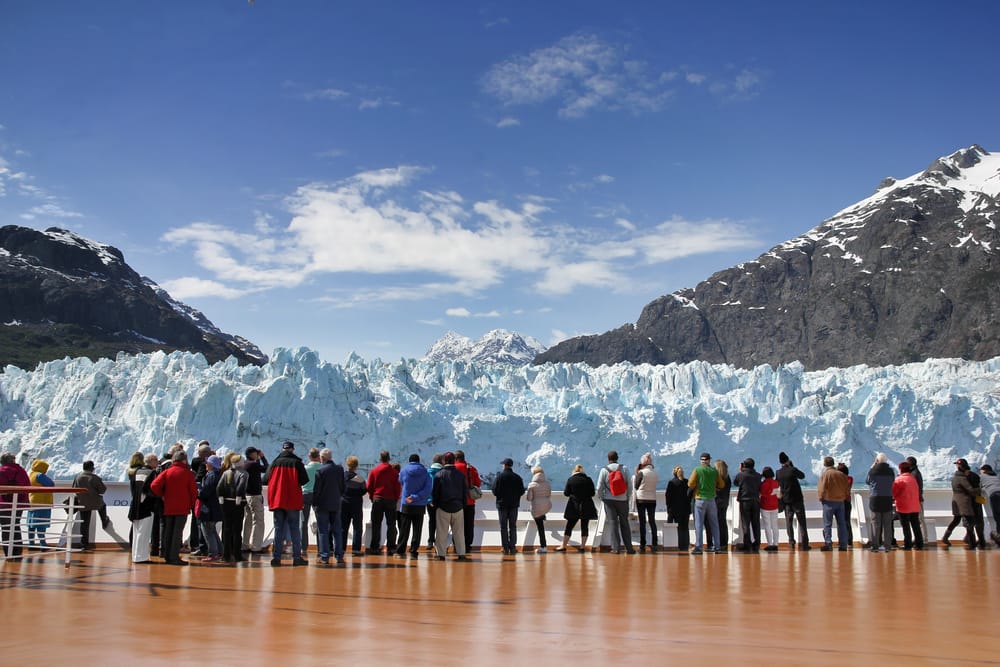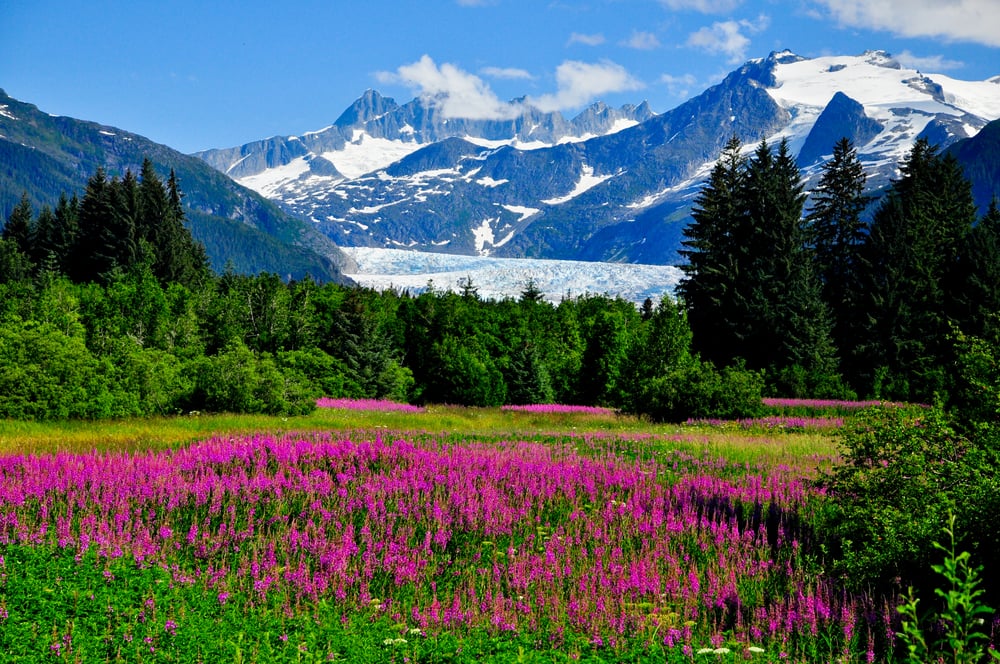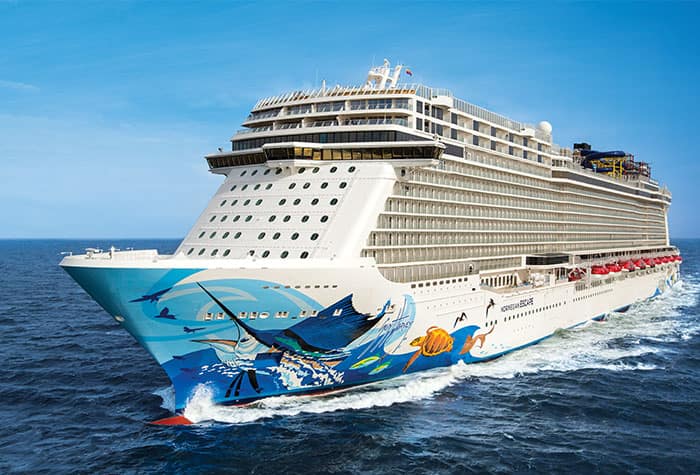Cruise Tips for Alaska Weather: Month by Month

If you’re thinking about planning a summer cruise, Alaska may be the perfect destination for you. The Alaskan cruise season lasts from May to October, and the warmest months for travel are typically June, July, and August. Alaskan cruises may seem suited only for people who like extreme weather, but the truth is that the weather in Alaska varies widely based on the region.
Here’s what you can expect each month on your upcoming Alaska cruise along with what you really need to pack.
Ready to start planning? Explore all Alaska cruises.
Alaska Cruise Weather in May
May brings warmer weather within the cities and towns of the Alaskan inside passage. While it can be freezing cold at times, the weather can also be pleasantly cool. The low temperatures typically range from the mid-thirties to the low forties Fahrenheit, but the highs can get up to the upper fifties.
This month also experiences near constant cloud cover with a good chance of rain on any given day. Travelers get at least fifteen hours of daylight and twilight in May, providing more time for whale watching and other outdoor activities. With low wind speeds, cold temperatures, and precipitation, travelers may want to pack plenty of knit sweaters, a jacket, warm pants, and waterproof boots or shoes.

Alaska Cruise Weather in June
Most of the month of June in Alaska is either cold or pleasantly cool with very cold temperatures being less frequent than in May. The lows can be as low as forty-three degrees Fahrenheit, and the highs can get up to the sixties on average.
Cloud cover and precipitation conditions from May persist throughout June and July, and wind speeds remain low as well. Layers are essential for this type of fluctuating weather, and travelers should be sure to pack waterproof jackets and shoes for rainy moments, cardigans or light sweaters, and other warm clothes like jeans, long skirts, and tights.
RELATED CRUISES:
7-Day Alaska Cruise: Glacier Bay, Skagway & Juneau
16-Day Hawaii Cruise: Skagway, Kauai & Juneau
7-Day Alaska Cruise: Dawes Glacier, Juneau & Ketchikan
Alaska Cruise Weather in July
July is known as the hottest month in this section of Alaska with the hottest day of the year falling on July 9th. Temperatures range on average between fifty and sixty degrees with mostly cool afternoons and evenings and chilly mornings and mid-day hours.
The late nights and early mornings can be very cold, but these are also the hours when most people are asleep in their cabins. Travelers cruising to Alaska in July should be sure to pack plenty of layers along with some waterproof outerwear, but they should pack light, removable layers to adjust to the warmer temperatures of the afternoons.

Alaska Cruise Weather in August
August brings a gradual decrease in temperatures again, but it is still one of the hottest months of the year in this region. Temperatures during this month usually range from the mid-forties to the low sixties, and days are typically cool or chilly.
Like July, nights and early mornings can be very cold, so late nighters and early risers should be prepared to bundle up for icy temperatures. Plenty of layers are also essential in August, and travelers should be sure to pack waterproof jackets, shoes, and bags as August and September are among the rainiest months of the year.
Alaska Cruise Weather in September
September is one of the last months of the cruise season in Alaska and it is also one of the coldest, with temperatures staying in the low to high forties on average. As the month advances, the temperatures drop lower and lower, and the nights and early mornings can be bitterly cold.
The abundant cloud cover and frequent rain make the landscape all the more beautiful, but visitors should dress properly for a better overall experience. Travelers still get at least twelve hours of sunlight for excursions and deck activities, but they should pack thick pants, knit sweaters, and insulated shoes to combat the cold along with waterproof rain gear.
Alaska Cruise Weather in October
October in Alaska can see lows can be as low as 28° Fahrenheit, and the highs can reach up to 40° Fahrenheit. You can also expect more precipitation, which can result in some snowy weather.
Both September and October are ideal times to see the stunning Northern Lights, otherwise known as aurora borealis displays. The best times to look is between Midnight and 2am.
While Alaska might be colder than other summer vacation spots, it offers unique experiences that can’t be found anywhere else. These include sightings of wild orcas, sea lions, and humpback whales and riding one of the world’s longest ziplines.
You’ll also have a chance to visit the incredible Butchart Gardens, witness glaciers, pan for gold, hike through temperate rainforests, and much more. If you’re prepared for the weather and pack the right attire for your destination, nothing can get in the way of having a good time.
EDITOR'S NOTE: This article was originally published on May 16, 2018. It has been updated to show related content and itineraries.




